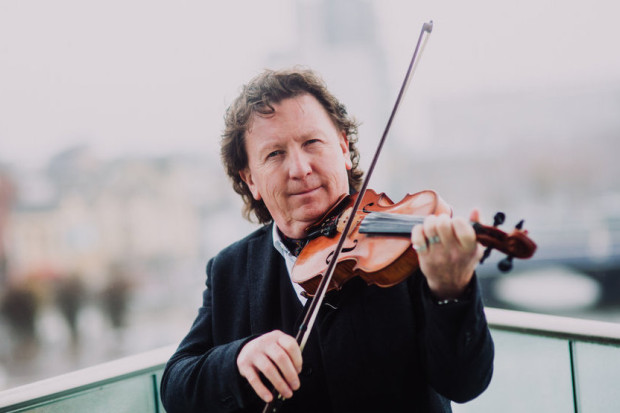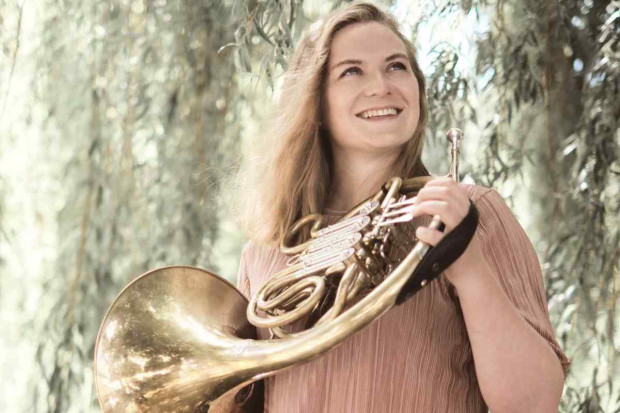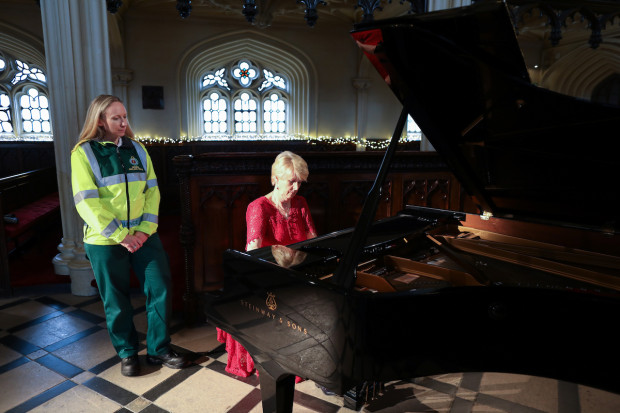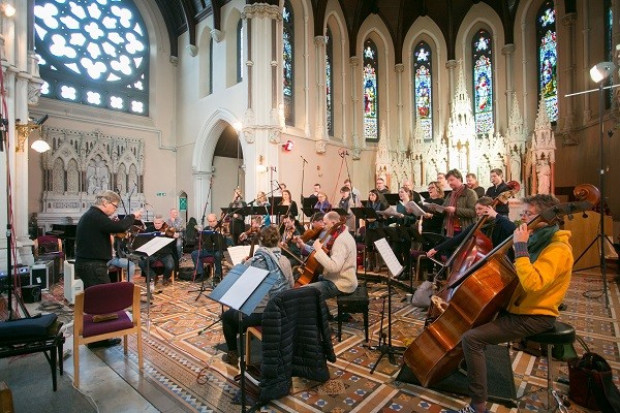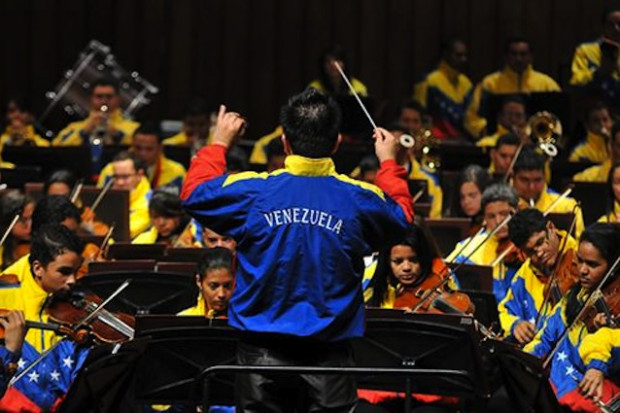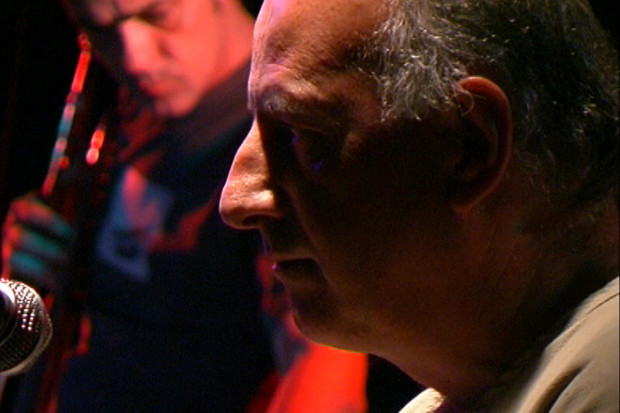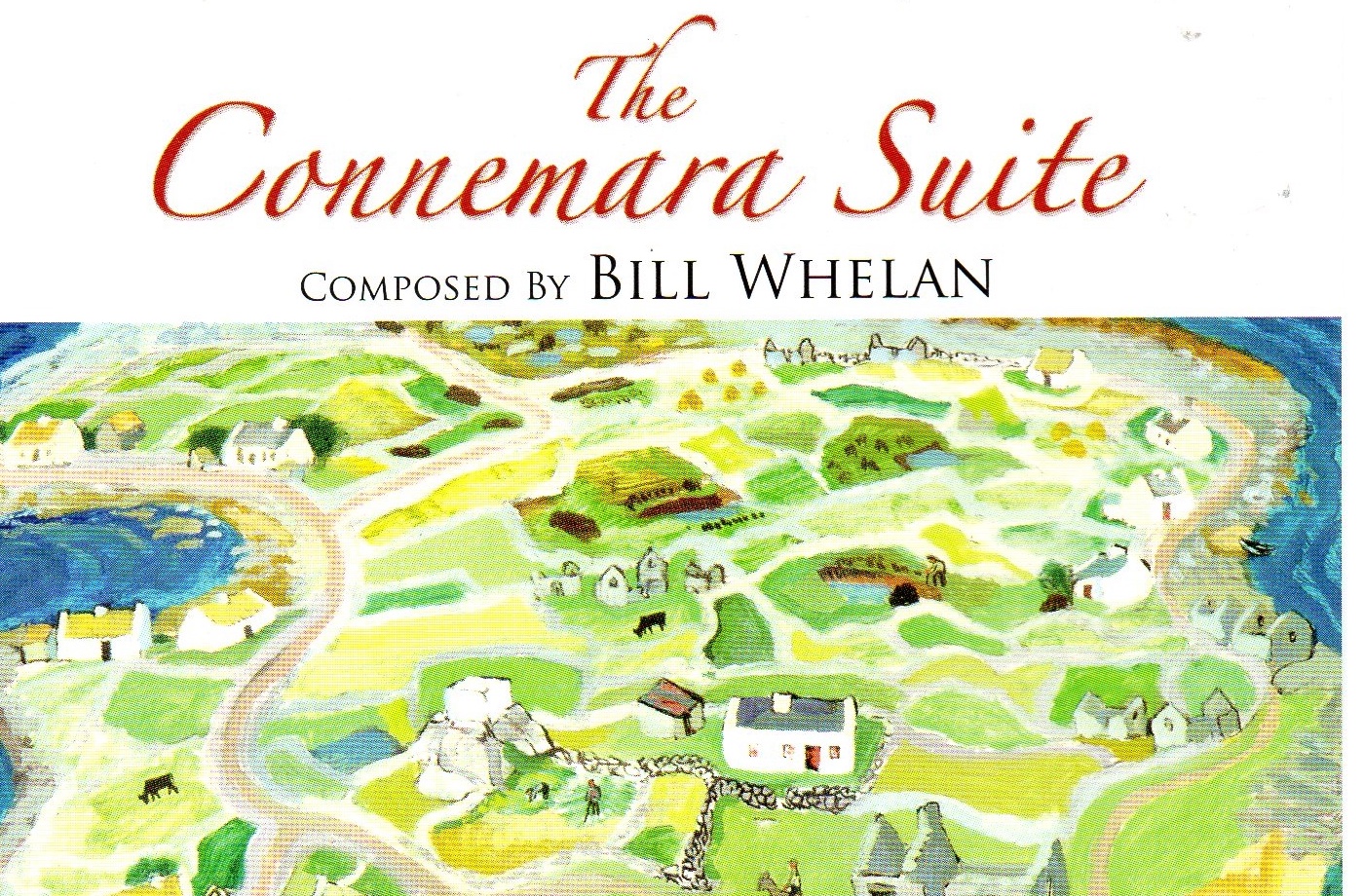
Bill Whelan – The Connemara Suite
In the last issue of JMI, Bill Whelan spoke candidly about the vertiginous experience of finding himself at the centre of Riverdance, the interval-filling distraction turned international phenomenon, and how its astonishing success subsequently skewed perceptions of his identity as a composer.
Yet, as self-inflicted wounds go, Riverdance surely has the sweetest barb. It’s a sign of just how long (and lustrous) a shadow it has cast over Whelan’s profile in the near decade and a half since it was first heard, that of the eight recordings available for purchase on the composer’s own website, three of them are Riverdance-related.
The most recent addition, however, is The Connemara Suite, a triptych of works offering loving portraits of Whelan’s adopted home. With elements pre- and post-dating Riverdance, Whelan steps away from the stadium-filling muscle of a full-blown symphony orchestra to embrace the more intimate proportions of a chamber-sized ensemble, adding piquant detail throughout with traditional Irish instrumental and vocal elements.
The opening movement, Inishlacken, is a double concerto for classical violin and traditional fiddle (Fionnuala Hunt and Zoë Conway, respectively) that sets off with a bright Haydenesque bounce in sprightly strings that dart and dance without becoming brio. Its middle section, ‘The Evening Terns’, is a meditative interlude shot through with gently entwined melodic arcs describing the swirling flight of airborne birds, while the finale, ‘Evening Céilí’, begins with a warm wash of mellow (and deeply beautiful) strings, before Hunt and Conway separately take centre stage to move proceedings through to a fine display of the fiddle besting a classical orchestra.
In Errisbeg, Whelan’s addition of Irish harp to Conway’s fiddle is accompanied by a softening in orchestral textures hinting at a fleeting sentimentality that is quickly dispelled by the darker grain of the lower strings and Michelle Mulcahy’s contemplative pointillism on the harp. That, too, is transformed in concluding, celebratory passages full of sparkle and energy.
Carna also starts in quiet, nostalgic mood, and it may be no coincidence that Whelan wrote this final section, like Errisbeg, far from Connemara in Paris. Its three movements offer up the most varied music of the Suite, taking the listener from darkness to light as the sun rises slowly above rugged landscape in ‘Dawn’ and on an evocatively scored sea-borne journey in ‘Macdara’s’ before concluding in a full-on seisiún that relishes the rhythmic vitality of dance (Colin Dunne) and voice (Whelan himself joined by Morgan Crowley) with Conway’s ebullient fiddle backed with verve by the David Jones-conducted Irish Chamber Orchestra.
The Connemara Suite feels like a transitional work, one attempting to reconnect with a compositional trajectory interrupted by Riverdance, to negotiate its abiding impact and to reposition for future projects. To that extent, and for its obvious accomplishments and attractiveness, it is doubly welcomed.
Published on 1 September 2008
Michael Quinn is a freelance music and theatre journalist based in Co. Down.










